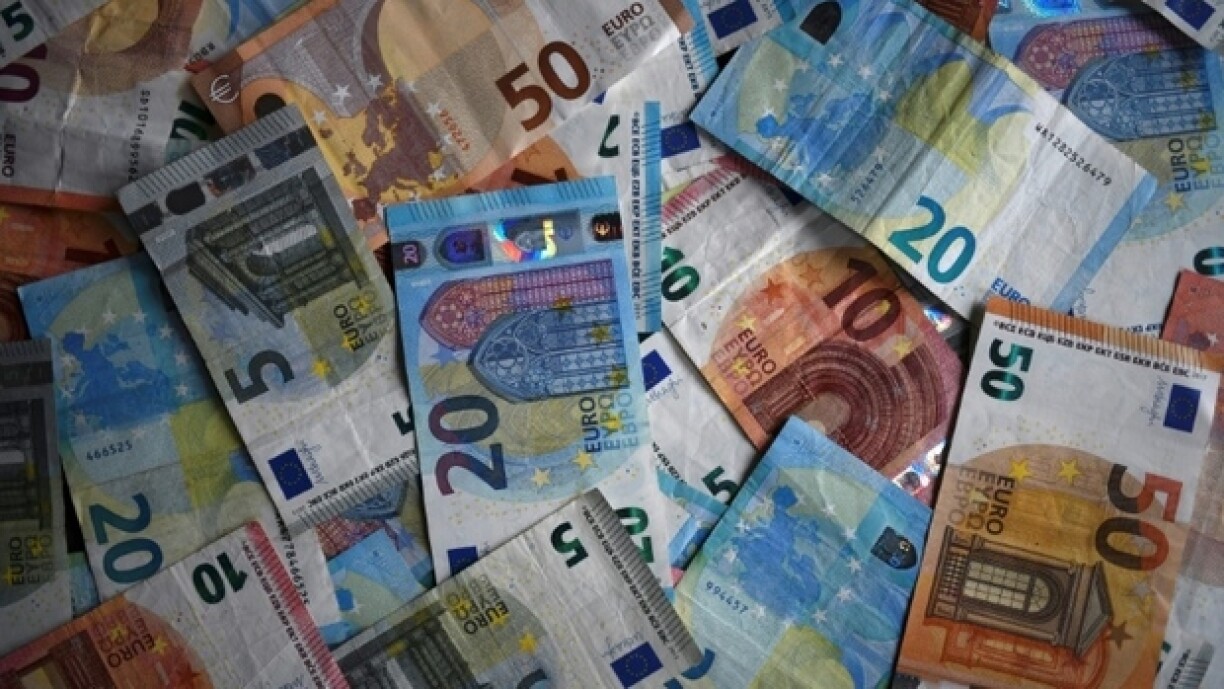
While petitioner Jorge Manuel Dos Santos Simões agreed that digital payments are becoming increasingly popular, he argued that cash remains indispensable. “It is the only form of money that can be used directly by all of us,” Simões argued, adding that “cash guarantees autonomy, privacy, and social inclusion of a socially vulnerable population.” He stressed that not everyone has access to new technologies and that some groups are particularly vulnerable to cybercrime.
However, it turned out that the petitioner was unaware of certain key issues, in particular with regard to his demand to be able to pay unlimited amounts in cash. As MP André Bauler from the Democratic Party (DP) noted, this would raise concerns about the prevention of money laundering, illegal transactions, and the financing of terrorism. “When someone shows up with a suitcase or a bag full of cash, we have a traceability issue.”
MP Mars di Bartolomeo from the Luxembourg Socialist Workers Party (LSAP) argued that it was probably not the petitioner’s intention to allow people “to buy a house or a Lamborghini with a suitcase [of cash], but rather to guarantee cash payments in everyday life.”
According to Laurent Mosar, an MP for the Christian Social People’s Party (CSV), explained that the Luxembourgish parliament may not even have the right to impose such a decision unilaterally because it may fall under the jurisdiction of the European Union. “That is to say, even if we wanted to do this, we couldn’t because it would violate the European Convention,” Mosar said.
Meanwhile, Finance Minister Yuriko Backes pointed out that the European Court of Justice has already ruled on the matter, and refusing cash payments is illegal under Luxembourgish penal law.
This means that Luxembourgish residents have the right to pay in cash. In case of refusal, business owners could be fined between €25 and €250.